Bolivia’s Indigenous Majority Catches a Break
Bolivian President Evo Morales, himself an Aymara Indian, has won a referendum on a new constitution granting special privileges to Bolivia's indigenous people. The electorate split along racial lines, with the country's elite white and mixed-race minorities largely opposing the measure.
Bolivian President Evo Morales, himself an Aymara Indian, has won a referendum on a new constitution granting special privileges to Bolivia’s indigenous people. The electorate split along racial lines, with the country’s elite white and mixed-race minorities largely opposing the measure.
Quechua and Aymara Indians make up about 55 percent of Bolivia’s population. Morales won office promising to empower those people. He is a socialist, a close ally of Venezuela’s Hugo Chavez, and the first indigenous person to lead his country.
Your support matters…BBC:
The new constitution gives autonomy to indigenous peoples and boosts state control of the economy, but is opposed by many of the traditional elite.
Many mixed-race people in the fertile eastern lowlands rejected the charter and four of Bolivia’s nine provinces had a majority no vote, according to the exit polls.
Independent journalism is under threat and overshadowed by heavily funded mainstream media.
You can help level the playing field. Become a member.
Your tax-deductible contribution keeps us digging beneath the headlines to give you thought-provoking, investigative reporting and analysis that unearths what's really happening- without compromise.
Give today to support our courageous, independent journalists.
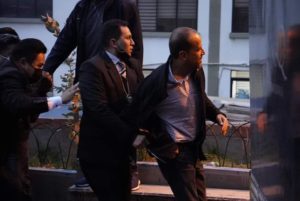
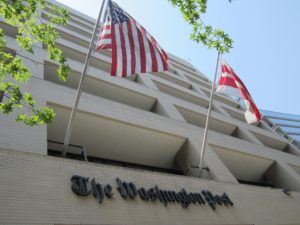
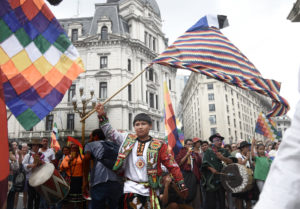
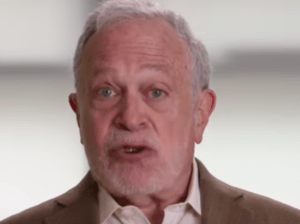
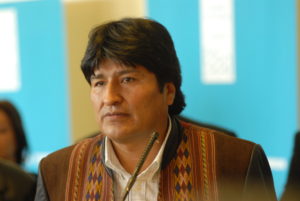
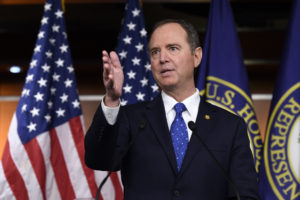
You need to be a supporter to comment.
There are currently no responses to this article.
Be the first to respond.